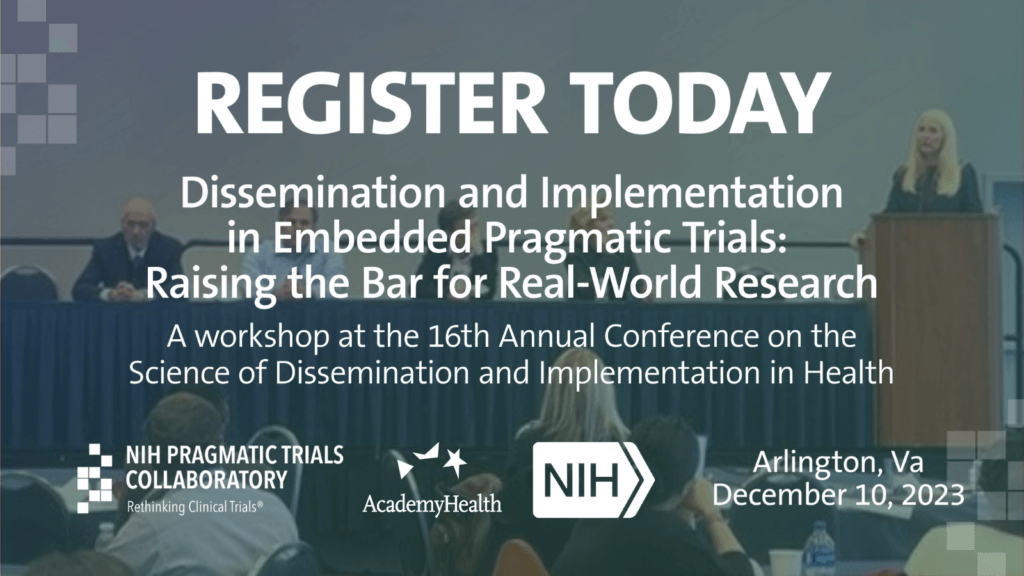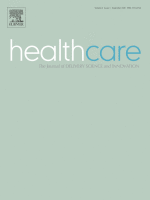On January 20, 2016, the International Committee of Medical Journal Editors (ICMJE) published an editorial in 14 major medical journals in which they propose that clinical researchers must agree to share the deidentified data set used to generate results (including tables, figures, and appendices or supplementary material) as a condition of publication in one of their member journals no later that six months after publication. By changing the requirements for manuscripts they will consider for publication, they aim to ensure reproducibility (independent confirmation of results), foster data sharing, and enhance transparency. To meet the new requirements, authors will need to include a plan for data sharing as a component of clinical trial registration that includes where the data will be stored and a mechanism for sharing the data.
Evolving Standards for Data Reporting and Sharing
As early as 2003, the National Institutes of Health published a data sharing policy for research funded through the agency, stipulating that “Data should be made as widely and freely available as possible while safeguarding the privacy of participants, and protecting confidential and proprietary data.” Under this policy, federally funded studies receiving over $500,000 per year were required to have a data sharing plan that describes how data will be shared, that shared data be available in a usable form for some extended period of time, and that the least restrictive method for sharing of research data is used.
In 2007, Congress enacted the Food and Drug Administration Amendments Act. Section 801 of the Act requires study sponsors to report certain kinds of clinical trial data within a specified interval to the ClinicalTrials.gov registry, where it is made available to the public. Importantly, this requirement applied to any study classified as an “applicable clinical trial” (typically, an interventional clinical trial), regardless of whether it was conducted with NIH or other federal funding or supported by industry or academic funding. However, recent academic and journalistic investigations have demonstrated that overall compliance with FDAAA requirements is relatively poor.
In 2015, the Institute of Medicine (now the National Academy of Medicine) published a report that advocates for responsible sharing of clinical trial data to strengthen the evidence base, allow for replication of findings, and enable additional analyses. In addition, these efforts are being complemented by ongoing initiatives aimed at widening access to clinical trial data and improving results reporting, including the Yale University Open Data Access project (YODA), the joint Duke Clinical Research Institute/Bristol-Myers Squibb Supporting Open Access to clinical trials data for Researchers initiative (SOAR), and the international AllTrials project.
Responses to the Draft ICMJE Policy
The ICMJE recommendations are appearing in the midst of a growing focus on issues relating to the integrity of clinical research, including reproducibility of results, transparent and timely reporting of trial results, and facilitating widespread data sharing, and the release of the draft policy is amplifying ongoing national and international conversations taking place on social media and in prominent journals. Although many researchers and patient advocates have hailed the policy as timely and needed, others have expressed concerns, including questions about implementation and possible unforeseen consequences.
The ICMJE is welcoming feedback from the public regarding the draft policy at www.icmje.org and will continue to collect comments through April 18, 2016.
Resources
Journal editors publish editorial in 14 major medical journals stipulating that clinical researchers must agree to share a deidentified data set: Sharing clinical trial data: A proposal from the International Committee of Medical Journal Editors (Annals of Internal Medicine version). January 20, 2016.
A New England Journal of Medicine editorial in which deputy editor Dan Longo and editor-in-chief Jeffrey Drazen discuss details of the ICJME proposal: Data sharing. January 21, 2016.
A follow-up editorial in the New England Journal of Medicine by Jeffrey Drazen: Data sharing and the Journal. January 25, 2016.
Editorial in the British Medical Journal: Researchers must share data to ensure publication in top journals. January 22, 2016.
Commentary in Nature from Stephan Lewandowsky and Dorothy Bishop: Research integrity: Don’t let transparency damage science. January 25, 2016.
National Public Radio interview on Morning Edition: Journal editors to researchers: Show everyone your clinical data with Harlan Krumholz. January 27, 2016.
Institute of Medicine (now the National Academy of Medicine) report advocating for responsible sharing of clinical trial data: Sharing clinical trial data: maximizing benefits, minimizing risk. National Academies Press, 2015.
Rethinking Clinical Trials Living Textbook Chapter, Acquiring and using electronic health record data, which describes the use of data collected in clinical practice for research and the complexities involved in sharing data. November 3, 2015.
NIH Health Care Systems Research Collaboratory data sharing policy. June 23, 2014.
List of International Committee of Medical Journal Editors (ICMJE) member journals.
 The NIH Pragmatic Trials Collaboratory will offer a full-day workshop at the 16th Annual Conference on the Science of Dissemination and Implementation in Health in Arlington, Virginia. The workshop, “Dissemination & Implementation in Embedded Pragmatic Trials: Raising the Bar for Real-World Research,” will introduce concepts in the design, conduct, and implementation of pragmatic clinical trials embedded in healthcare systems, with a particular focus on methods relevant to health services researchers.
The NIH Pragmatic Trials Collaboratory will offer a full-day workshop at the 16th Annual Conference on the Science of Dissemination and Implementation in Health in Arlington, Virginia. The workshop, “Dissemination & Implementation in Embedded Pragmatic Trials: Raising the Bar for Real-World Research,” will introduce concepts in the design, conduct, and implementation of pragmatic clinical trials embedded in healthcare systems, with a particular focus on methods relevant to health services researchers.


 The NIH Pragmatic Trials Collaboratory will offer a full-day workshop at the 15th Annual Conference on the Science of Dissemination and Implementation in Health in Washington, DC. The workshop,
The NIH Pragmatic Trials Collaboratory will offer a full-day workshop at the 15th Annual Conference on the Science of Dissemination and Implementation in Health in Washington, DC. The workshop, 
